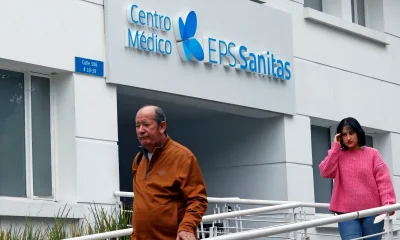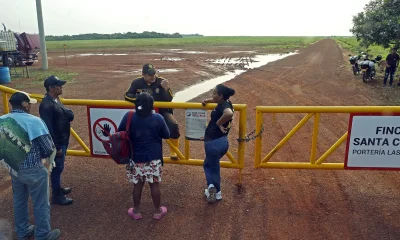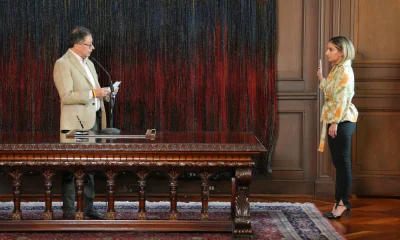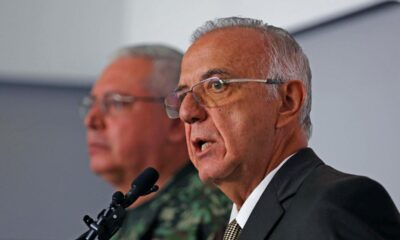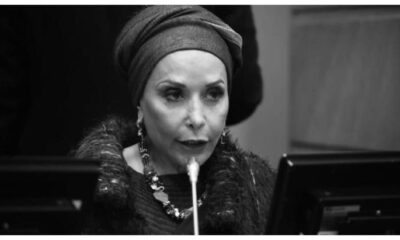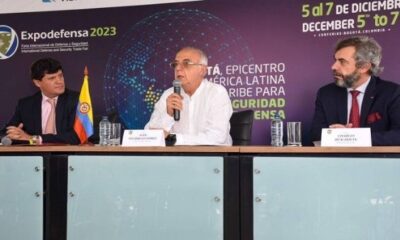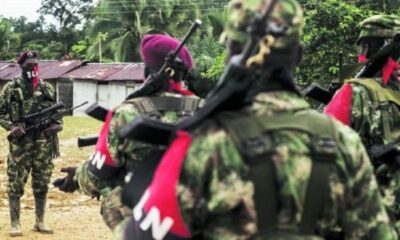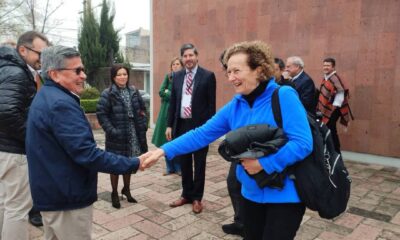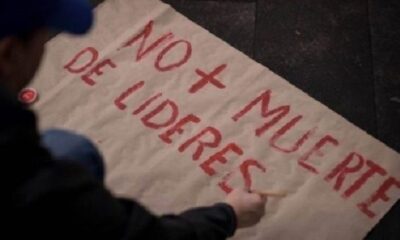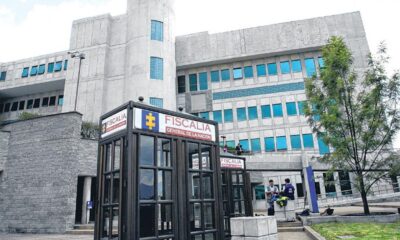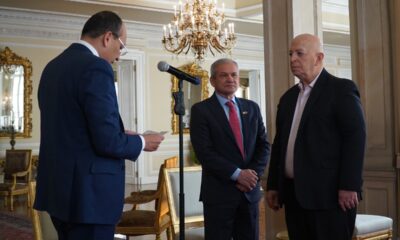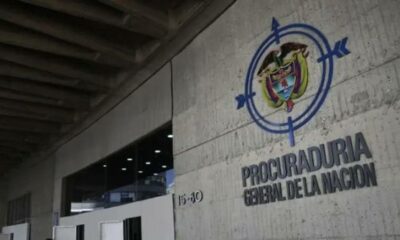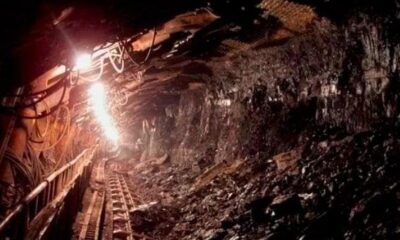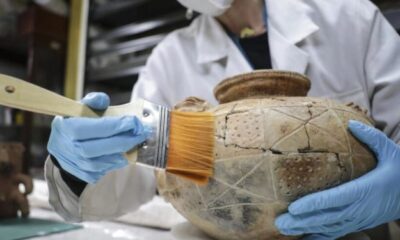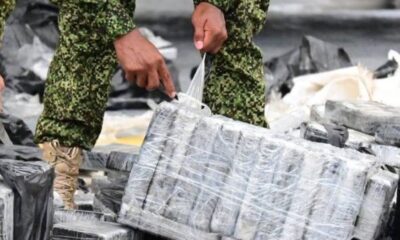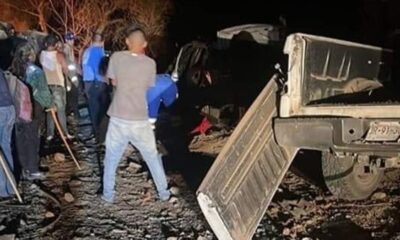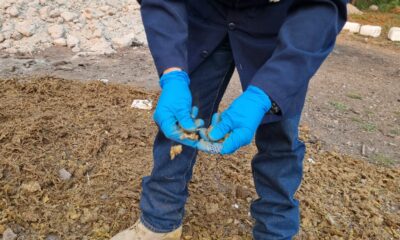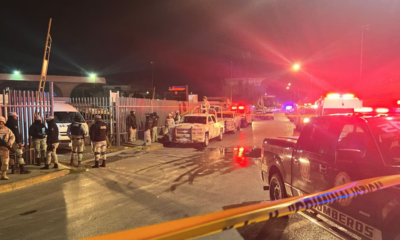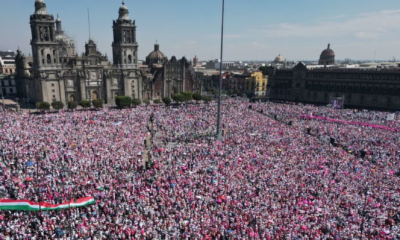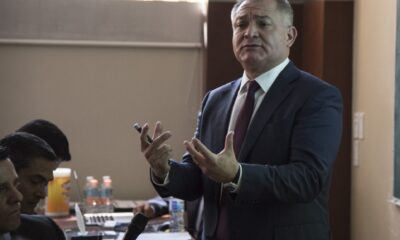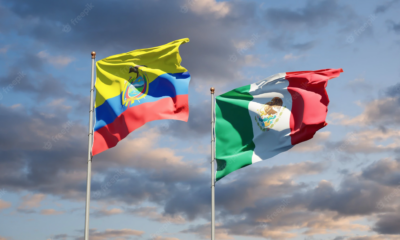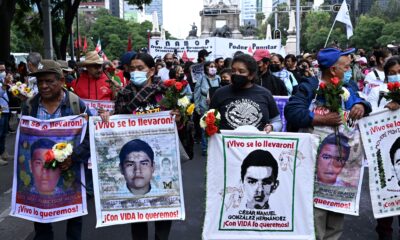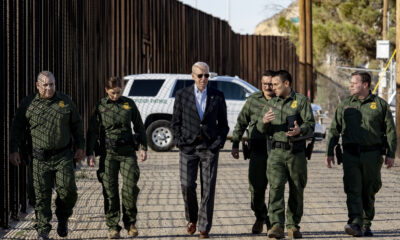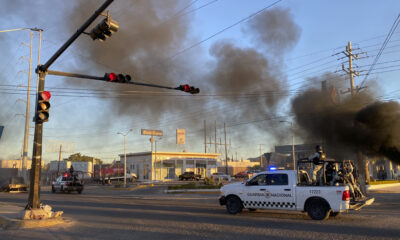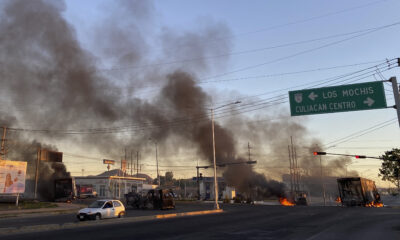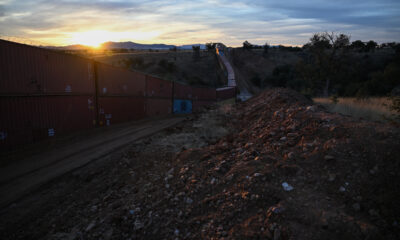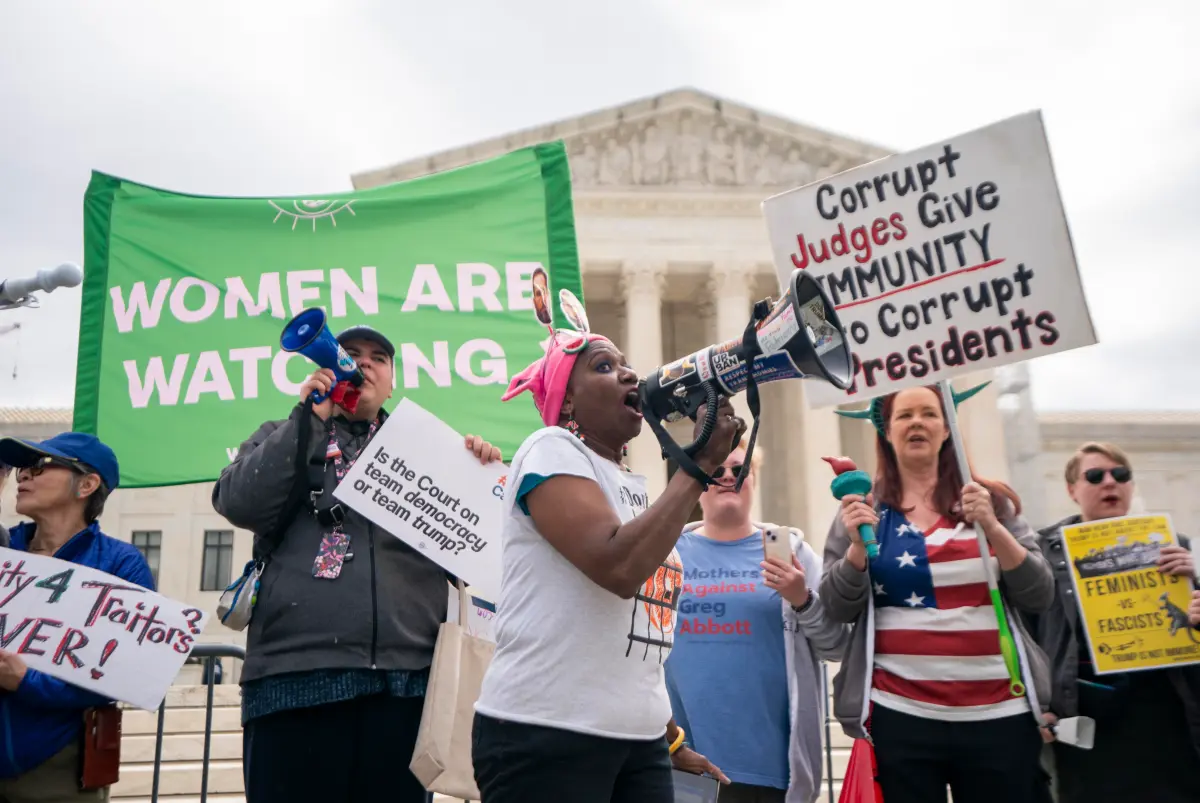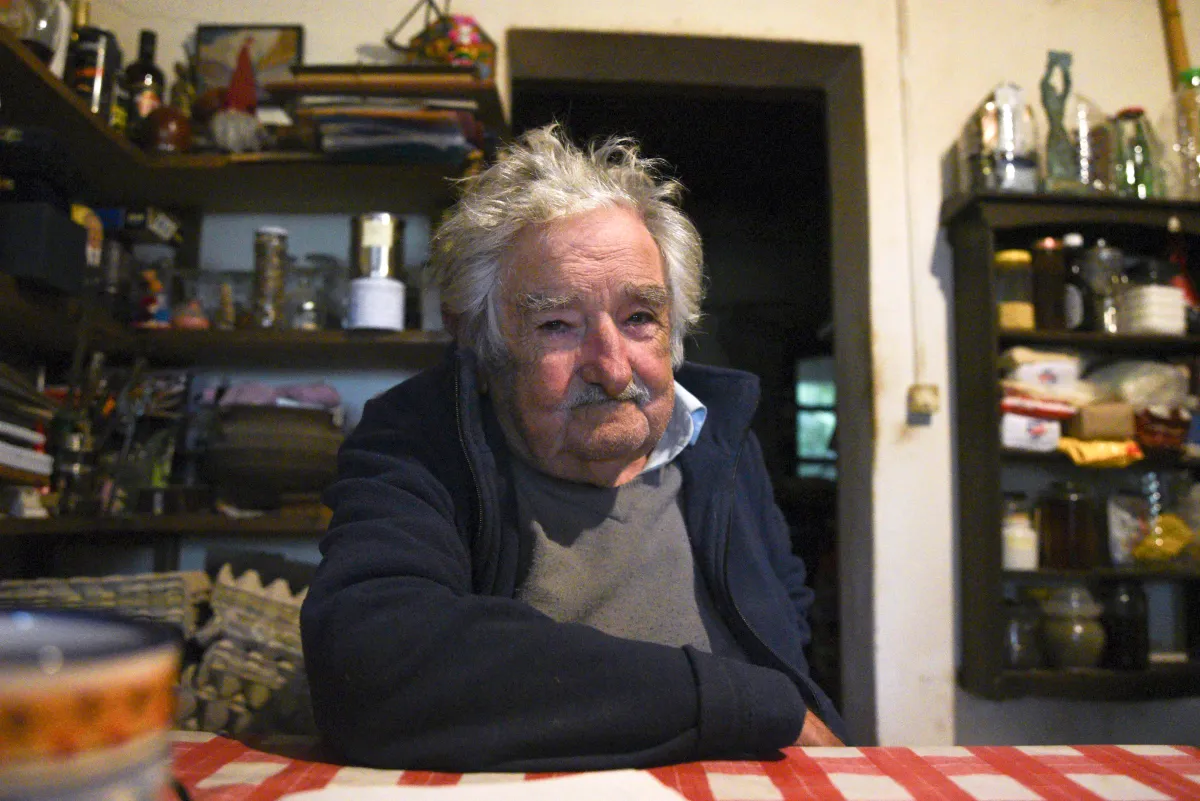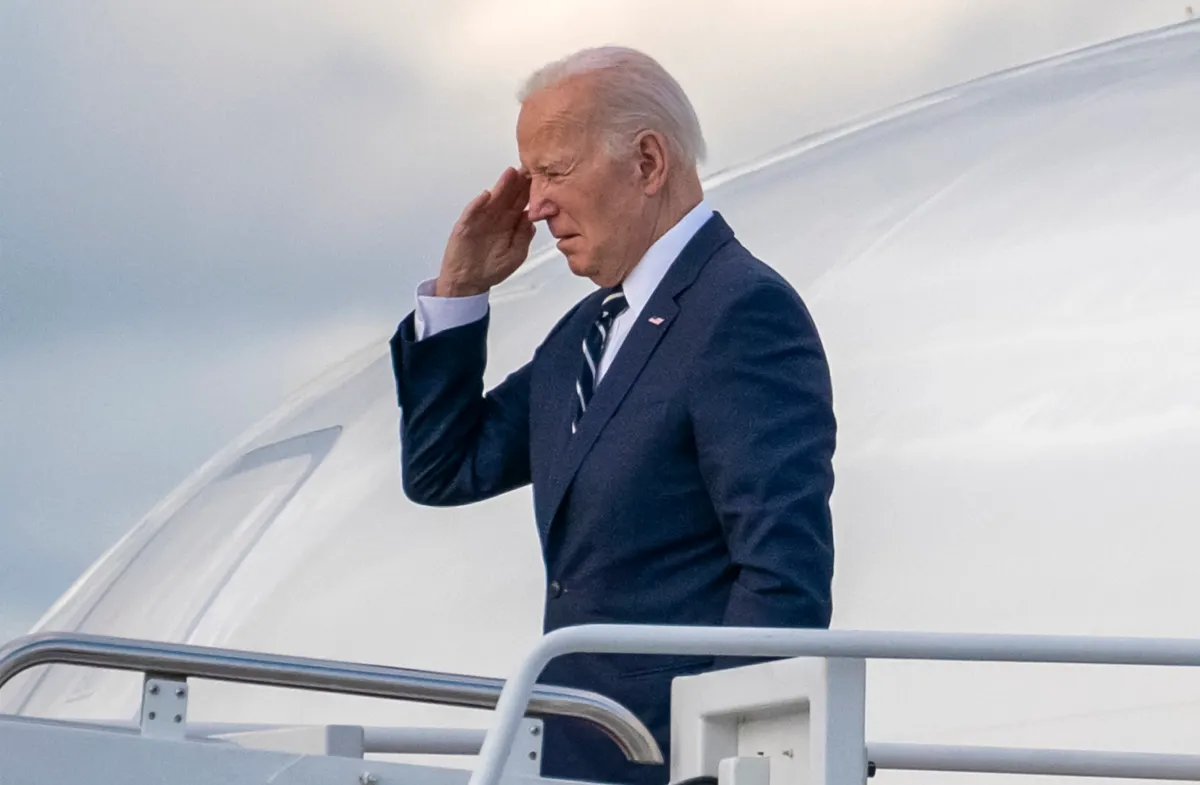International
Mexican cartels: the hidden hand behind Colombia’s drug trade
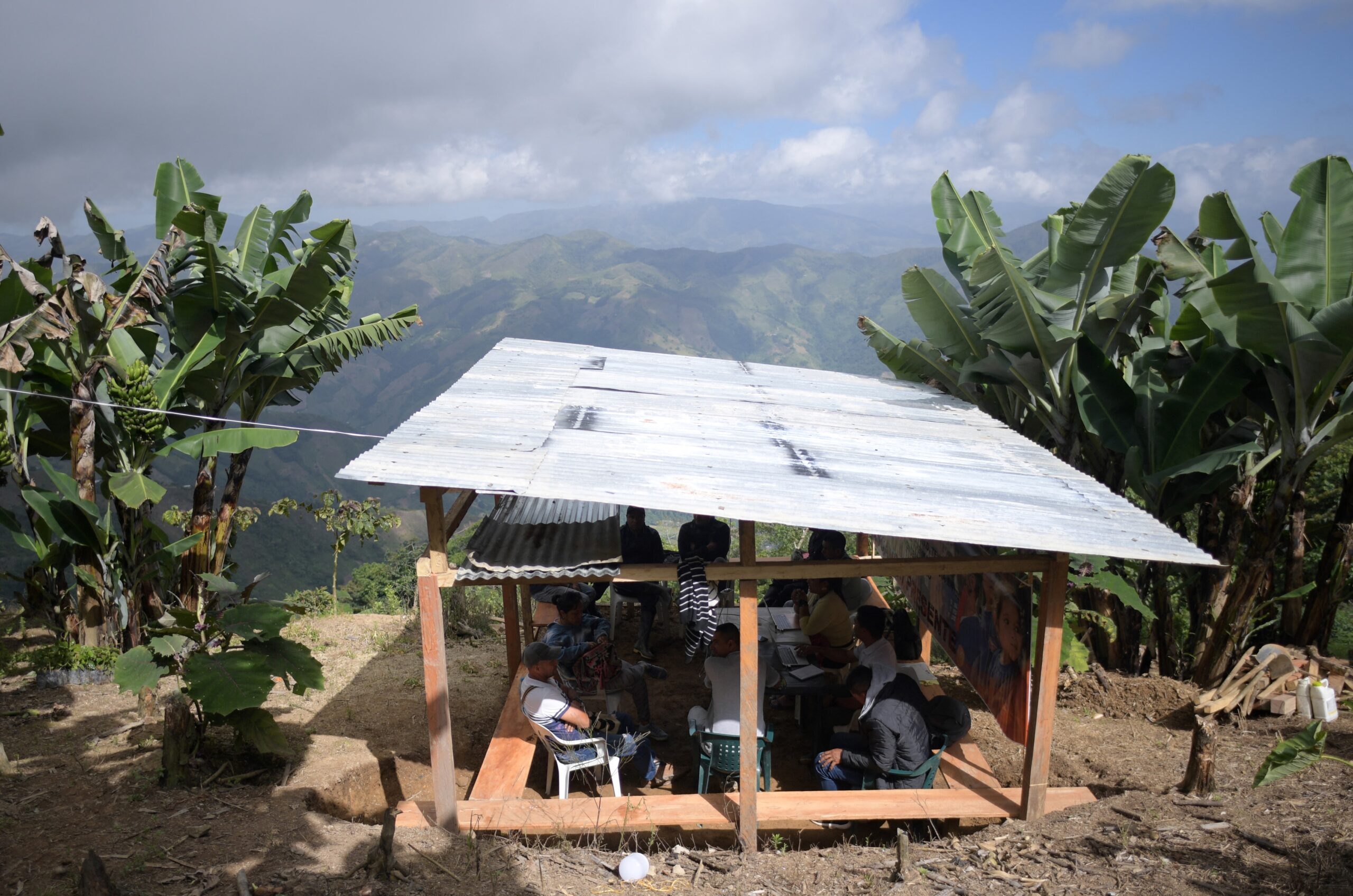
International
The Supreme Court is skeptical of Trump’s immunity but could lengthen the litigation
International
José Mujica maintains that Milei is “very impulsive” and does not doubt that Brazil “will be a power”
International
The US sanctions 16 companies and 8 people linked to the Iranian drone program
-
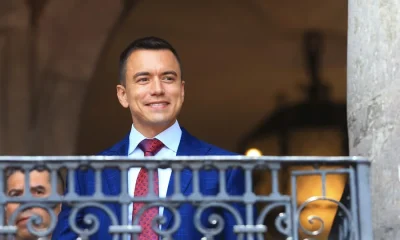
 International5 days ago
International5 days agoNoboa decrees a new state of emergency in Ecuador due to the serious energy crisis
-

 International5 days ago
International5 days agoForeign ministers of Colombia and Argentina settle crisis and open a “new moment” in the relationship
-
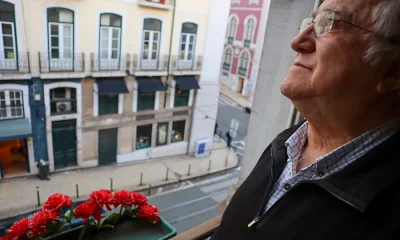
 International5 days ago
International5 days agoThe world needs a new Carnation Revolution, defends one of its architects
-
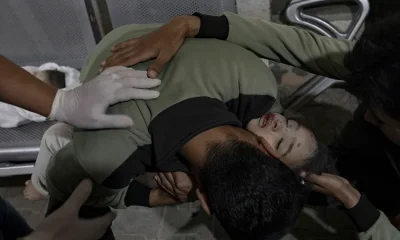
 International5 days ago
International5 days ago37 people killed in Gaza in Israel’s attacks in the last 24 hours
-
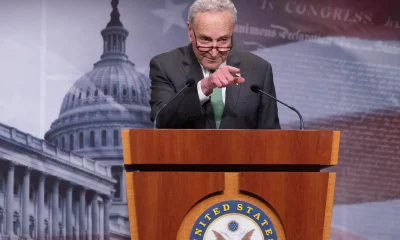
 International2 days ago
International2 days agoThe U.S. Senate approves a military aid package for Ukraine, Israel and Taiwan
-
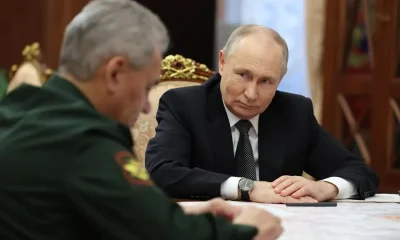
 International5 days ago
International5 days agoRussia announces the creation of a center for the design and production of assault drones
-
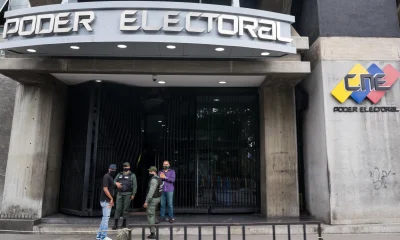
 International5 days ago
International5 days agoMajority anti-chavista alliance ratifies González Urrutia as a presidential candidate in Venezuela
-
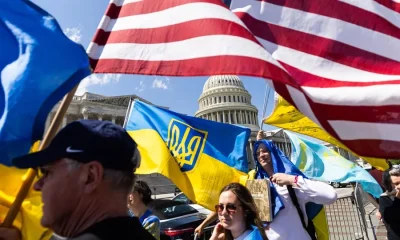
 International4 days ago
International4 days agoRussia assures that Ukraine will lose the war despite the new US military aid package
-

 International2 days ago
International2 days agoA plane with two people on board crashes in Alaska
-
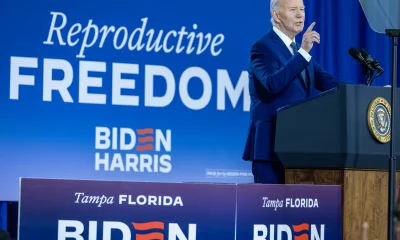
 International2 days ago
International2 days agoBiden believes that Florida voters will vote in favor of protecting access to abortion
-
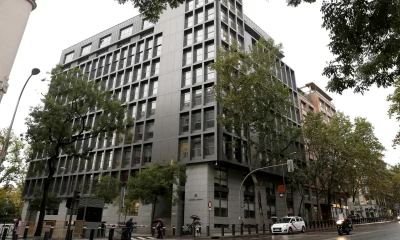
 International2 days ago
International2 days agoThe Court urges the judge to continue proceeding in the case of Obiang’s son
-
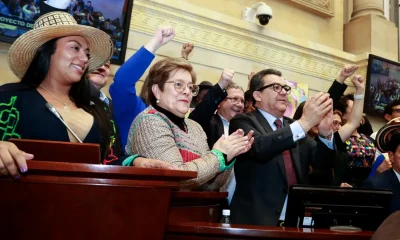
 International2 days ago
International2 days agoThe Colombian Senate approves the pension reform of the Petro Government
-
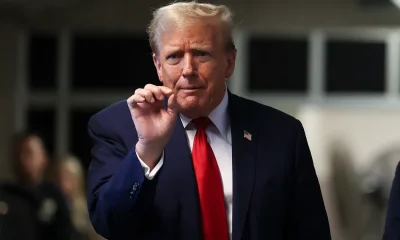
 International2 days ago
International2 days agoA U.S. media manager says he favored Trump to help him in his 2016 campaign
-
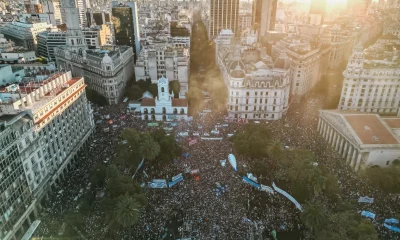
 International2 days ago
International2 days agoArgentine society defends its sensitive fiber before the Government: public education
-
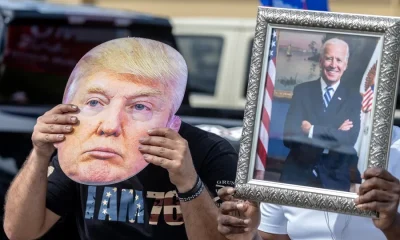
 International4 days ago
International4 days agoBiden cuts Trump’s advantage in the presidential race to two points, according to a poll
-
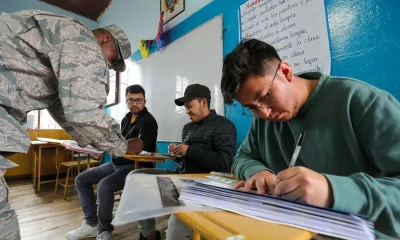
 International4 days ago
International4 days ago60% of participation ninety minutes before the closing of the vote in Ecuador
-
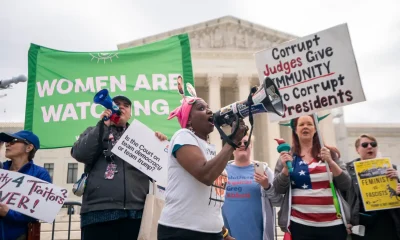
 International6 hours ago
International6 hours agoThe Supreme Court is skeptical of Trump’s immunity but could lengthen the litigation
-
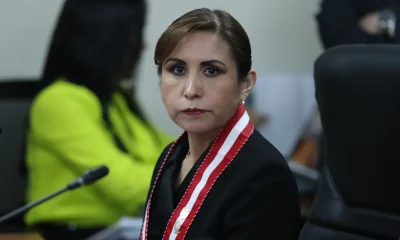
 International2 days ago
International2 days agoThe Prosecutor’s Office asks to prevent Peru’s departure from the suspended attorney general Patricia Benavides
-
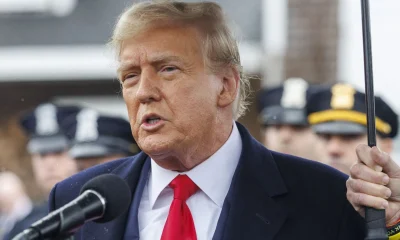
 International4 days ago
International4 days agoThe phase of initial allegations in the criminal trial of Trump in New York begins on Monday
-
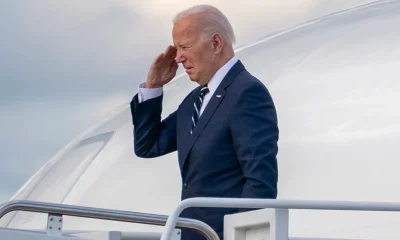
 International6 hours ago
International6 hours agoThe US sanctions 16 companies and 8 people linked to the Iranian drone program
-
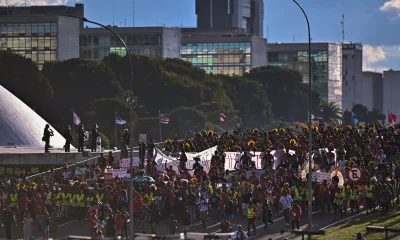
 Internacionales6 hours ago
Internacionales6 hours agoThe indigenous people demand from Lula more speed for the demarcation of their lands
-
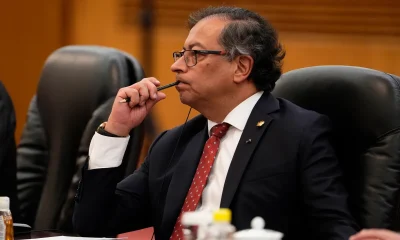
 International6 hours ago
International6 hours ago“War is war,” Petro tells the Central General Staff after the death of 15 dissidents
-
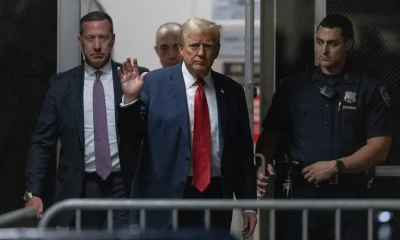
 International6 hours ago
International6 hours agoKey witness involves Trump in efforts not to be harmed in the elections
-
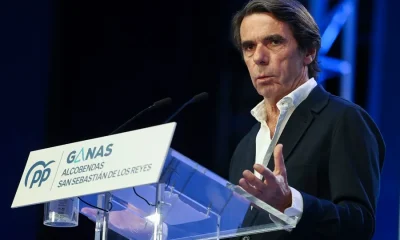
 International6 hours ago
International6 hours agoAznar and Quiroga defend Israel’s “peace” and “surness” in a world congress in Argentina
-
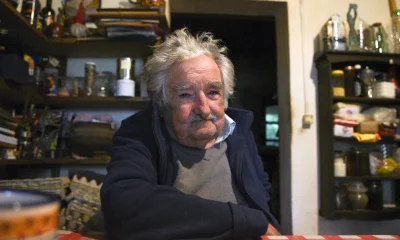
 International6 hours ago
International6 hours agoJosé Mujica maintains that Milei is “very impulsive” and does not doubt that Brazil “will be a power”
-
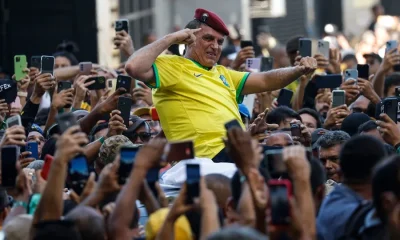
 International4 days ago
International4 days agoBolsonaro exalts the tycoon Elon Musk for defending freedoms, in front of a crowd in Rio
-

 International2 days ago
International2 days agoAmnesty International warns that the world is on the verge of the collapse of international law
-
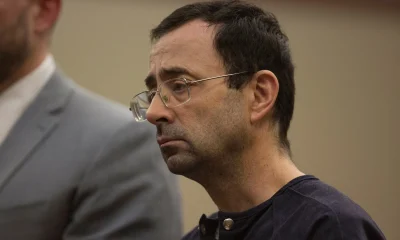
 International2 days ago
International2 days agoThe United States will compensate the victims of former doctor Larry Nassar with 138.7 million dollars
-
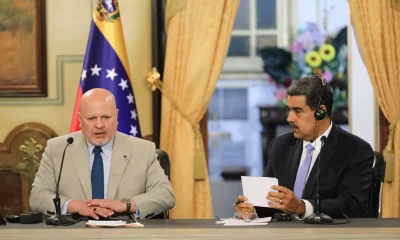
 International2 days ago
International2 days agoMaduro invites to return to the UN office for human rights, expelled from Venezuela in February
-
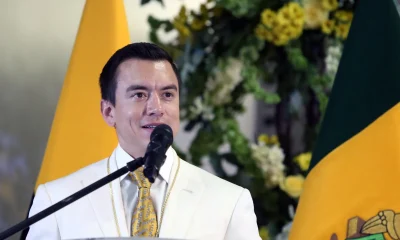
 International2 days ago
International2 days agoNoboa proclaims victory in the referendum and assures that Ecuador said “‘Yes’ to the future”
-
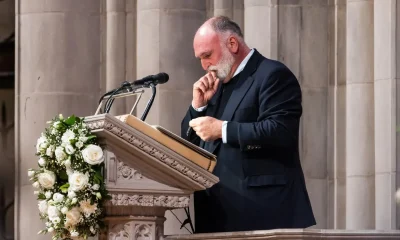
 International6 hours ago
International6 hours agoJosé Andrés demands from the pulpit an independent investigation of the Israeli attack




















